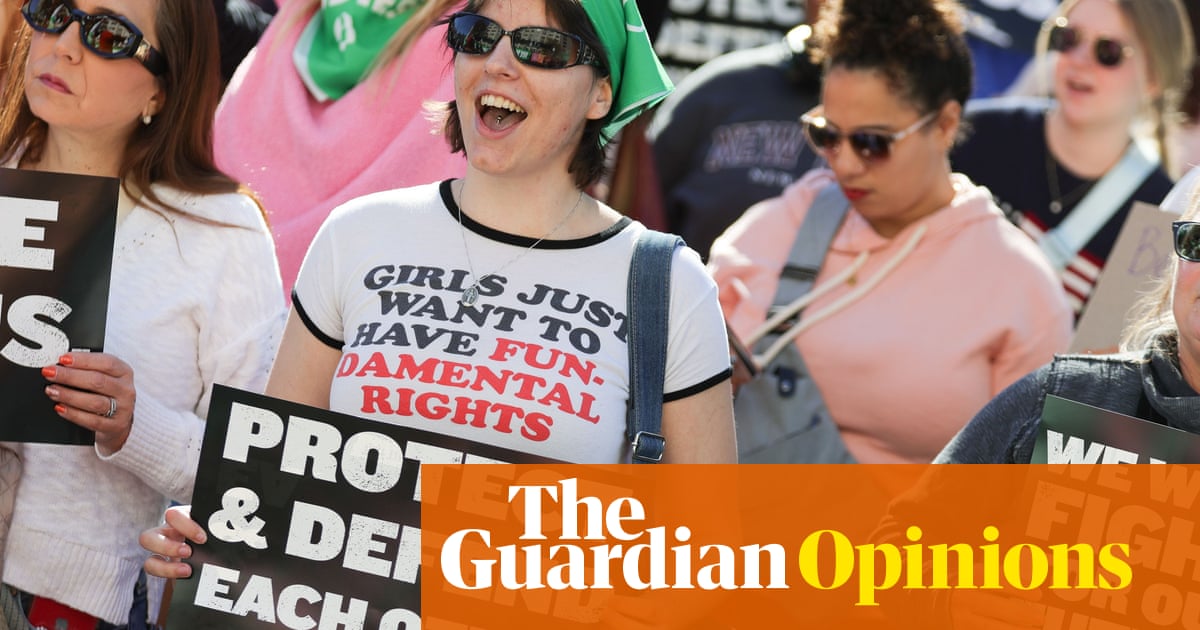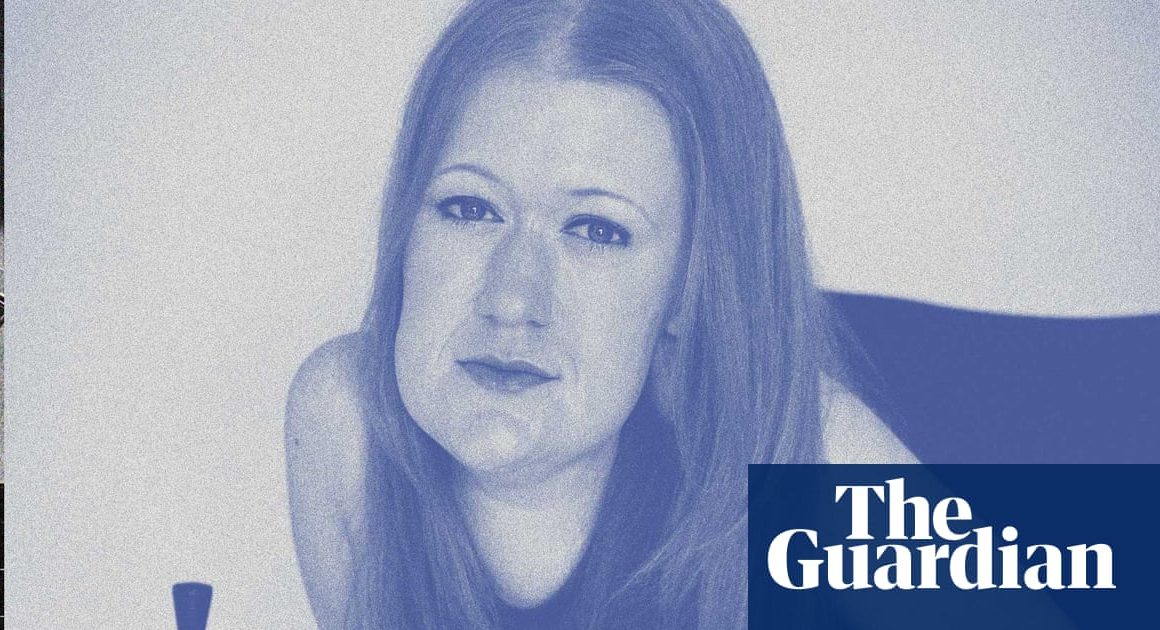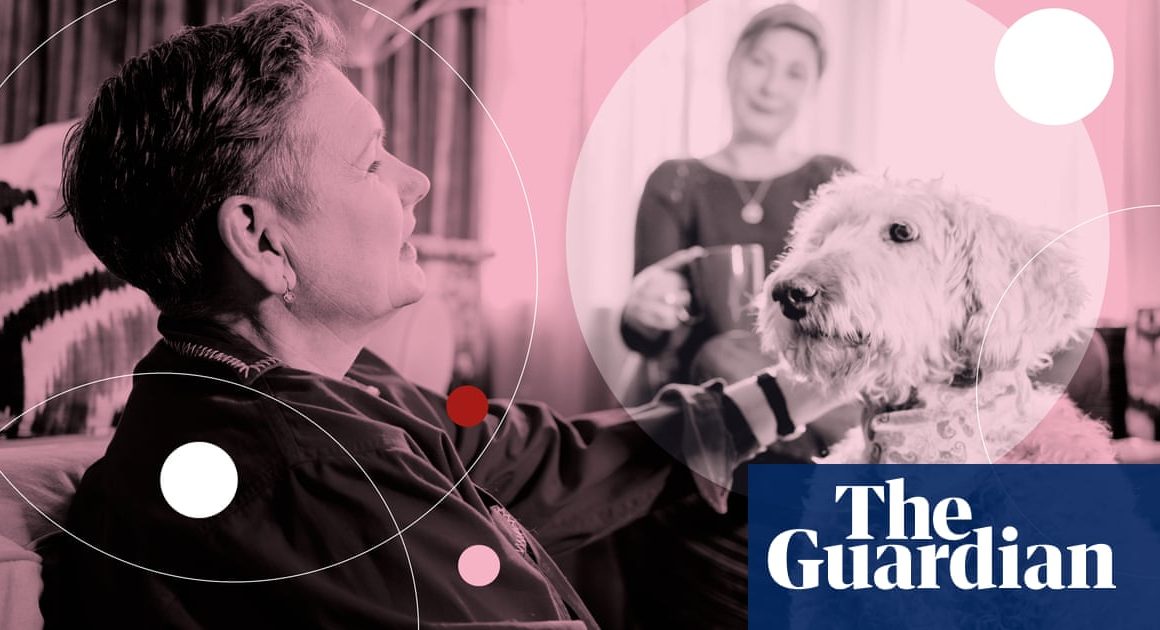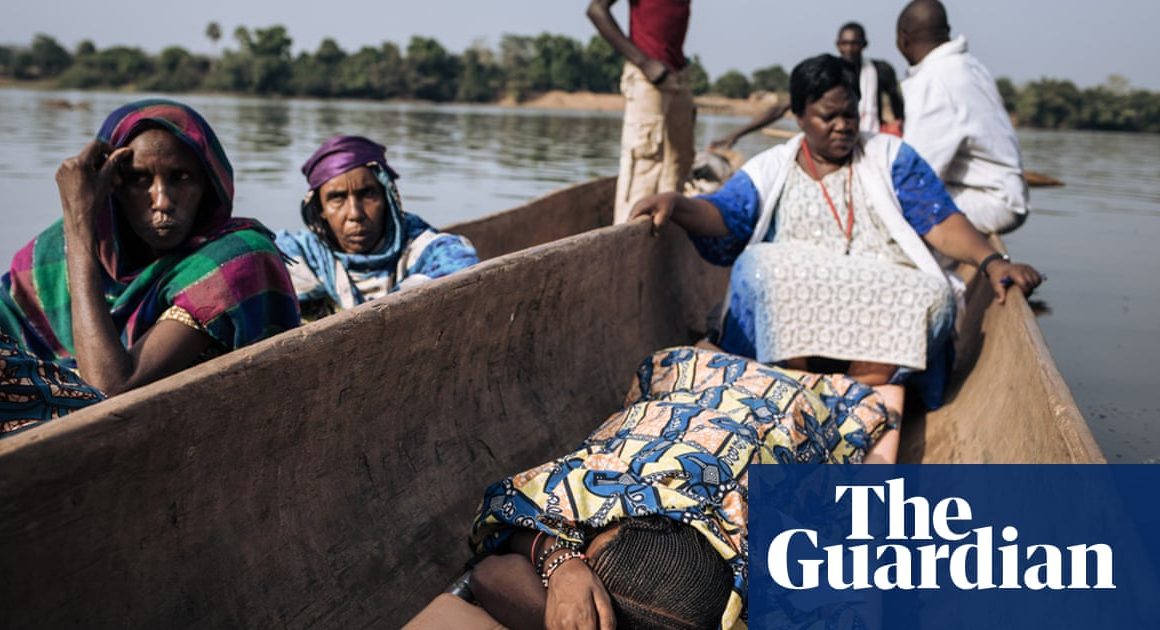“Your body, my choice” wrote the troll on a post about my mother dying. It was meant to intimidate me. Instead, it’s launched me into strategy mode, thinking through how women and their friends may build the cultural resilience to survive this neo-Trumpian era.
The slogan was coined by white supremacist, antisemitic, misogynist Nick Fuentes. It’s everywhere online. Hateful extremists of his calibre once struggled to find an audience among leprous worms. Fuentes dined with the new president-elect of the United States, Donald Trump, as recently as November 2022. This is the reality we live in now – American women directly, the rest of us by association.
They’re hunting us on the internet, these men. They always did, but Trump’s victory has encouraged more flagrant woman-hating behaviours. I presume they’re merely searching the word “feminist” or “feminists” to find targets in their angry – conspicuously vast – spare time.
They’re certainly not doing the research, because I live in Australia, where my body remains my choice, protected by suites of laws passionately defended by the people even when threatened by anti-abortion politicians. Seventy-six per cent of Australians support abortion rights, with high rates of support among men. Why the difference? Australians have no inherited Puritan fetish for suffering. Being bound forever to someone you don’t love, and paying for kids you don’t want, doesn’t much set you up for a happy and satisfying life.
Our American cousins who’ve had the same realisation, alas, are now at the legal mercy of those who haven’t, won’t, and tend to ban any books that suggest they ever will. But even as an Australian, it’s hard not to feel an encroaching global darkness when Trump’s proposed defence secretary is the latest man to freak out about catching girl germs from female combat soldiers, while in Russia, Trump pal Vladimir Putin is banning “childfree propaganda” supposedly to arrest declining birthrate. The Russian parliamentary lower house voted unanimously this week to punish individuals or entities who promote the terrifying feminist ideology of maybe not wanting kids. One suspects Vlad’s lads would get more of a demographic bounce by not feeding soldiers into the meat grinder of invading Ukraine – an estimated 700,000 casualties to date – but if there’s one thing we’ve learned about population policy anywhere, it’s always easier to blame women than for one second take a hard look at yourself.
So I absolutely get why there’s sudden TikTok interest in the radical Korean feminist “4B” doctrine, where – to avoid the “your body, my choice” gender hatred and the inevitable cruelty that such hatred mobilises – women reject dating, sex, marriage and children and remove themselves as much as possible from mixed-gender social view. In an America where women are bleeding out in carparks due to anti-abortion restrictions on medical care, politicians are agitating to end no-fault divorce, alleged sex offenders are seen as dating gurus and, you know, Trump has just been elected president, let’s be fair – going near anything that could get you pregnant now suggests not the fun possibility of thrills but clear and present danger. Sure, sex is great … but have you ever considered spending 5.4 minutes of your day on something that doesn’t carry lethal risk?
Those 5.4 minutes are perhaps better temporarily invested in how they may navigate away from the place where immediate choice over their body is most likely to be taken away – and that’s intimate, domestic environments. Yes, even in sunny Australia, almost 70% of sexual assaults by men of women occur in a residential location. And while Australians don’t have the same political limits to our freedom as women do in Russia or America, we have an intimate-partner violence problem informed by the gendered hatreds that manifest in other cultures, in other ways. November has been a brutal month here; 11 women were killed in a period of 16 days.
Does maximising self-protection have to mean eschewing men and sex completely and joining 4B? No, of course not… but it does mean, perversely, heeding the Putinist recognition of the power of cultural persuasion – blocking the messages, fighting attempts at social coercion and building safer relationships. As individuals, in friendship groups, in families, in communities, we must resist the thousands of years of aggressive romance narratives that overwhelm stories for and about women, encouraging us to pursue “true love” and the attainment of partnered relationships (and, crucially, social witness to them) as the apogee of female social triumph.
What keeps girls most safe from the abuser with the “your body, my choice” worldview is a strong group of female friends, independent living and a driver’s licence. These are the attainments we should encourage everywhere, with the message that when you’ve got them, you’re ready for a relationship, and men who don’t respect them paste a red flag on themselves.
The discourse around intimate partner violence in this country and elsewhere has ever been “why didn’t she leave?”. In this tense and fragile time for women, it’s on those who still see women and girls as human beings to consider just what we all did to push her into danger in the first place.












